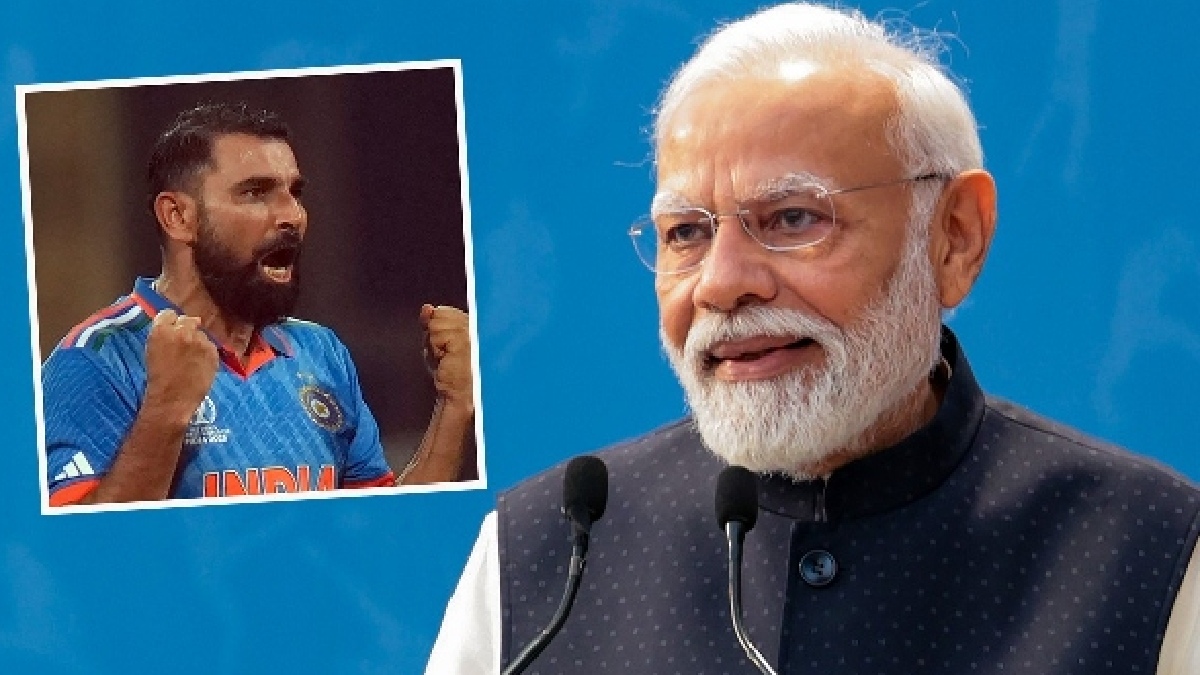
Why Pushkar Dhami’s decision on Uniform Civil Code should be followed by all states
The RSS has been among the strongest advocates for a UCC. Critics however say that the law threatens the fundamental right to religion.
New Delhi, May 23: Uttarakhand Chief Minister, Pushkar Dhami said that his government will implement the Uniform Civil Code (UCC) very soon. He also said that other states should follow his example.
His comments come a month after he announced that a panel was being set up to draft the law. Dhami was speaking at a media enclave organised at the Ashok Hotel on the occasion of the completion of 75 years of the Rashtriya Swayamsevak Sangh's magazine Organiser and Pachjanya.

The RSS has been among the strongest advocates for a UCC. Critics however say that the law threatens the fundamental right to religion. The UCC is a common set of civil laws for marriage, divorce, adoption, inheritance and succession for all citizens of the country irrespective of religion.
The
current
personal
laws
applies
to
a
class
of
people
based
on
their
faith
and
religion.
Recently
Union
Home
Minister,
Amit
Shah
had
spoken
of
the
need
to
focus
on
a
Common
Civil
Code.
The remarks had been made at the core committee meeting of the BJP in Bhopal.
The lone Muslim minister in the Yogi Adityanath government in Uttar Pradesh, Danish Azad Ansari is planning to organise 'Quami Chaupals' in the state to convince the Muslims to get on board with the UCC. This is a clear sign that the BJP is working towards introducing the UCC.
The UCC if implemented would replace the various personal laws of communities by way of a common legislation. Successive governments have stayed away from the implementation of the UCC fearing a backlash and it has been the Supreme Court which has stepped in several times and delivered bold verdicts as in the cases of Shah Bano, Githa Hariharan or Shamim Ara.
The Uniform Civil Code and its implementation has often been debated. However, implementing UCC is easier said than done. Governments have been worried about a possible backlash from communities. Personal laws such as marriages, succession or divorce are governed by rules that are specific to religion.
Legal experts say that the implementation of the UCC is the sole prerogative of the Union Government.
The courts can only suggest or pass judgments on specific cases.
The Supreme Court has however been proactive in several cases such as Shah Bano or Shamim Ara.
The Supreme Court has several times taken upon itself to tackle issues relating to personal laws relating to every community. It has very often suggested to the government the need of a Uniform Civil Code.'
The Shah Bano case of 1985 is probably one of the most path breaking judgments that the Supreme Court has issued. The Supreme Court upheld the decision of the lower which had directed Shah Bano's husband to pay a maintenance amount under the alimony provision of Indian law applicable to all communities.
The Muslim law only dealt did not have the concept of life long maintenance. The Supreme Court however awarded Shah Bano lifetime maintenance under the secular alimony law of India. There were protests by the Muslim community following this judgment.
In the Shamim Ara case of 2002 the Supreme Court stepped in on the issue of Triple Talaq and strengthened the position of Muslim women. Further, in the year 2007 when the Bombay High Court heard the Dilshad Pathan vs Ahmadkhan Pathan case in which it said that saying of the world talaq was not sufficient condition for divorce. The court also stated that arbitrators must be appointed in a bid to reconcile the couple.
In the Githa Hariharan vs Reserve Bank of India case of 1999 the Supreme Court of India dealt with the Hindu Minority and Guardianship Act, 1956. According to this act, the father is the natural guardian of a Hindu child. However, as per the act if the child is born out of wedlock, the mother is the natural guardian. This provision was struck down by the Supreme Court and it was held that the father cannot have a preferential right over a mother in matters of guardianship.


 Click it and Unblock the Notifications
Click it and Unblock the Notifications


































